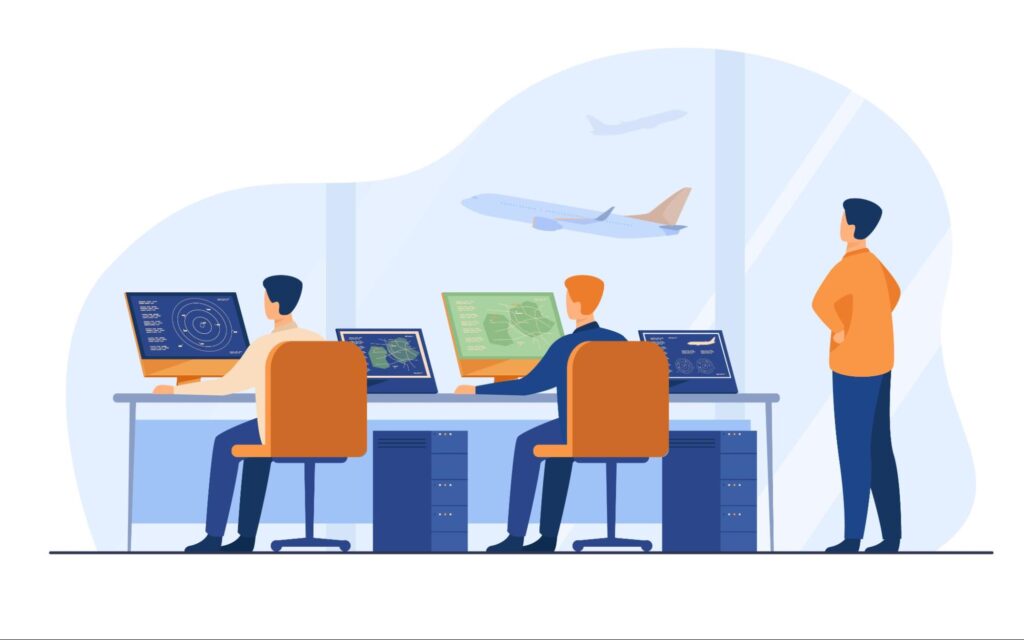In today’s digital-first travel industry, Computer Reservation Systems (CRS) are the silent engines driving seamless bookings across the globe. From checking flight availability to booking hotel rooms and rental cars, CRS platforms are essential for airlines, travel agencies, and even corporate travel departments.
This article dives deep into what computer reservation systems are, how they work, their benefits, and how you can build a career by taking a computer reservation system course.
What Is a Computer Reservation System (CRS)?
A Computer Reservation System is a software platform that facilitates transactions related to air travel, hotel stays, car rentals, and more. These systems store and manage information on inventory, pricing, and bookings.
Initially developed by airlines in the 1960s to automate bookings, CRS has evolved into a comprehensive, real-time tool used by travel agents, online travel agencies (OTAs), and corporate clients.
How Does a CRS Work?
At its core, a CRS integrates with various global distribution systems (GDS) such as Sabre, Amadeus, and Galileo. These systems aggregate data from multiple service providers—airlines, hotels, car rental companies—and make it accessible in real time.
For instance, a travel agent using the Sabre Computer Reservation System can:
- Check flight availability and compare pricing.
- Book multi-leg itineraries.
- Reserve hotel accommodations and car rentals.
- Modify or cancel bookings.
- Generate e-tickets and invoices.
Top Computer Reservation Systems in the Industry
- Sabre Computer Reservation System
One of the most widely used platforms, Sabre offers extensive global reach and is favored by both large and small travel agencies. - Amadeus
Popular in Europe and Asia, Amadeus provides a rich interface and comprehensive inventory management features. - Galileo (Travelport)
Known for its robust backend and seamless integration with agency software.
Key Benefits of Using a Computer Reservation System
Adopting a CRS provides significant advantages to travel businesses:
1. Real-Time Access to Inventory
Get up-to-the-minute information on flight availability, hotel rooms, and more.
2. Improved Customer Experience
Quick and accurate bookings mean better service and increased customer satisfaction.
3. Cost and Time Efficiency
Automating bookings reduces manual workload and minimizes errors.
4. Global Reach
With systems like Sabre or Amadeus, agencies can book services from providers worldwide.
5. Revenue Management
Many CRS platforms include tools for dynamic pricing and upselling, helping businesses maximize profitability.
Who Uses Computer Reservation Systems?
- Airlines: To manage schedules, pricing, and ticket inventory.
- Travel Agencies: For booking and managing customer itineraries.
- Hotels and Resorts: To distribute inventory to OTAs.
- Car Rental Companies: For real-time booking and fleet management.
- Corporate Travel Teams: For managing business travel logistics efficiently.
Career Opportunities: Enroll in a Computer Reservation System Course
With the demand for skilled travel professionals rising, enrolling in a computer reservation system course can set you apart. These courses typically cover:
- CRS interface and navigation
- Booking procedures for air, hotel, and car rentals
- Fare calculation and ticketing
- Customer service techniques
Most courses focus on popular systems like Sabre, Amadeus, and Galileo, offering both beginner and advanced levels.
Certifications from recognized institutions not only improve your employability but also give you the skills to work globally.
Future Trends in CRS Technology
As technology evolves, so does the CRS landscape. Here are a few trends shaping the future:
- AI and Machine Learning: Predictive pricing and personalized booking recommendations.
- Cloud-Based Solutions: Greater accessibility and scalability.
- Mobile Integration: Bookings on the go via mobile apps.
- Voice Search Capabilities: Natural language booking interfaces.
Conclusion: Why Understanding Computer Reservation Systems Matters
Whether you’re a travel agent, business owner, or aspiring industry professional, understanding computer reservation systems is essential. Platforms like the Sabre computer reservation system are transforming how the world books travel—faster, smarter, and more efficiently.
With multiple computer reservation system benefits and a growing demand for skilled users, investing in a computer reservation system course could be your gateway to a future-proof career in travel and tourism.
FAQs About Computer Reservation Systems
Q1. Is Sabre a GDS or CRS?
Sabre is both a GDS (Global Distribution System) and a CRS platform used to manage travel bookings.
Q2. How long does it take to complete a CRS course?
Most foundational courses take 4–8 weeks, while advanced certifications may take longer.
Q3. Are CRS platforms still relevant with online travel websites?
Absolutely. Many online platforms use CRS on the backend for real-time booking capabilities.



